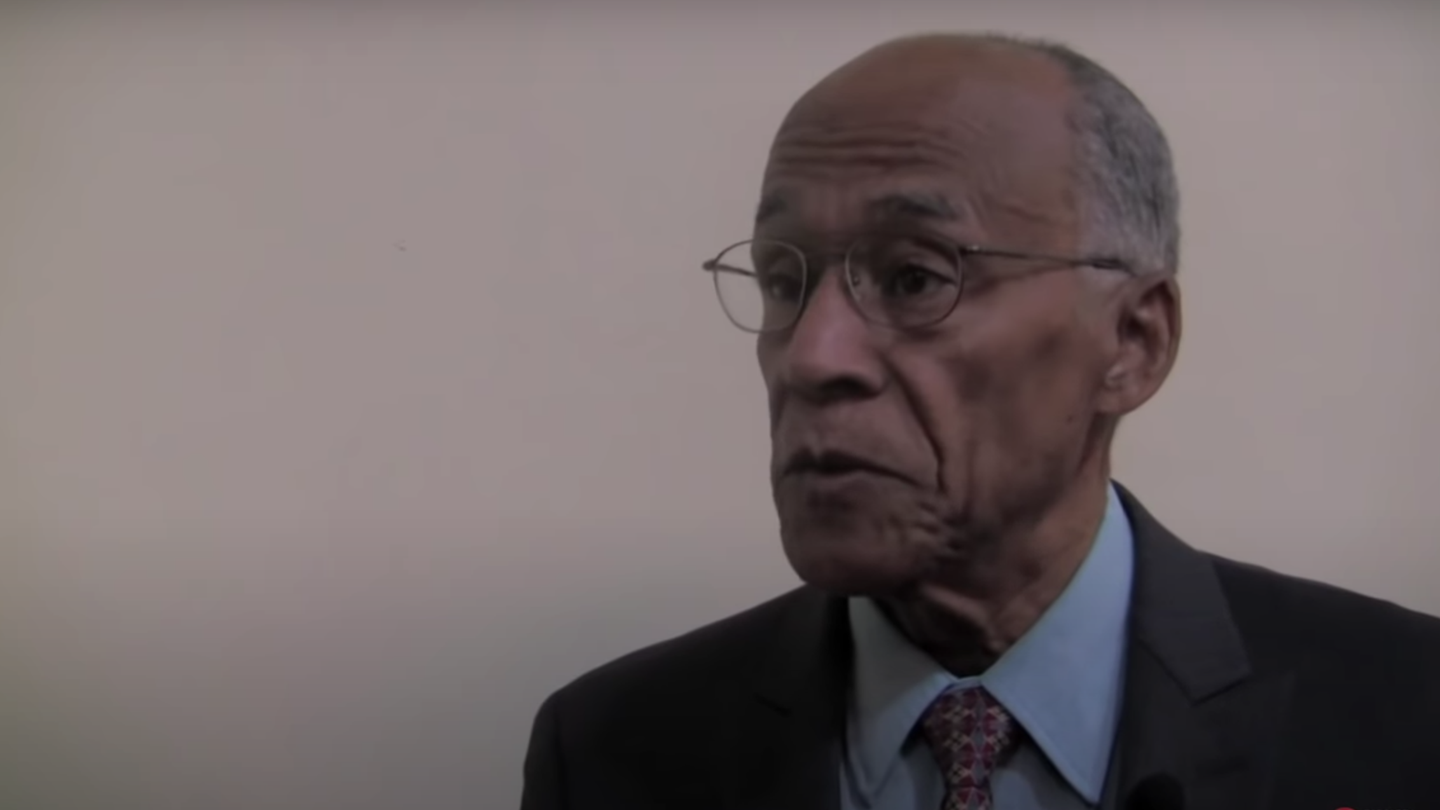Search results
News about Kamala Harris, Donald Trump, Donald J. Harris
News about Elizabeth Guevara, Wharton School, journalist
Also in the news
Nov 30, 2017 · Why Is Studying Economics Important? Students who choose to study economics not only gain the skills needed to understand complex markets but come away with strong analytical and problem-solving skills, as well as the business acumen necessary to succeed in the professional world.
People also ask
Why should you study economics?
Why is economics so important?
What does economics study?
Why should you study economics for managers?
Why should I care about economics? Economics affects everyone’s lives. Learning about economic concepts can help you to understand the news, make financial decisions, shape public policy, and see the world in a new way.
Why Study Economics? Economics is a dynamic and influential field that touches nearly every aspect of our lives. From shaping government policies to understanding global markets, economics provides invaluable insights into how societies function and evolve.
Economics is, more broadly, the study of how our decisions, and the institutional contexts in which we make those decisions, impact our success in achieving our wants and addressing our needs. That’s why we believe everyone needs to learn more about it.
- Introduction to FRED. Data is very important in economics because it describes and measures the issues and problems that economics seek to understand. A variety of government agencies publish economic and social data.
- The Problem of Scarcity. Think about all the things you consume: food, shelter, clothing, transportation, healthcare, and entertainment. How do you acquire those items?
- The Division of and Specialization of Labor. The formal study of economics began when Adam Smith (1723–1790) published his famous book The Wealth of Nations in 1776.
- Why the Division of Labor Increases Production. When we divide and subdivide the tasks involved with producing a good or service, workers and businesses can produce a greater quantity of output.
An undergraduate degree in economics seeks to educate students about how choices are made by consumers, workers and firms, and how these decisions aggregate into economy-wide phenomena. Economics is often dryly described as studying “the allocation of scarce resources”.
Jan 16, 2023 · Economics is a study of how people, businesses, organizations, and governments allocate resources. It involves understanding how people make choices and how those choices affect the production and distribution of goods and services in a market economy.





